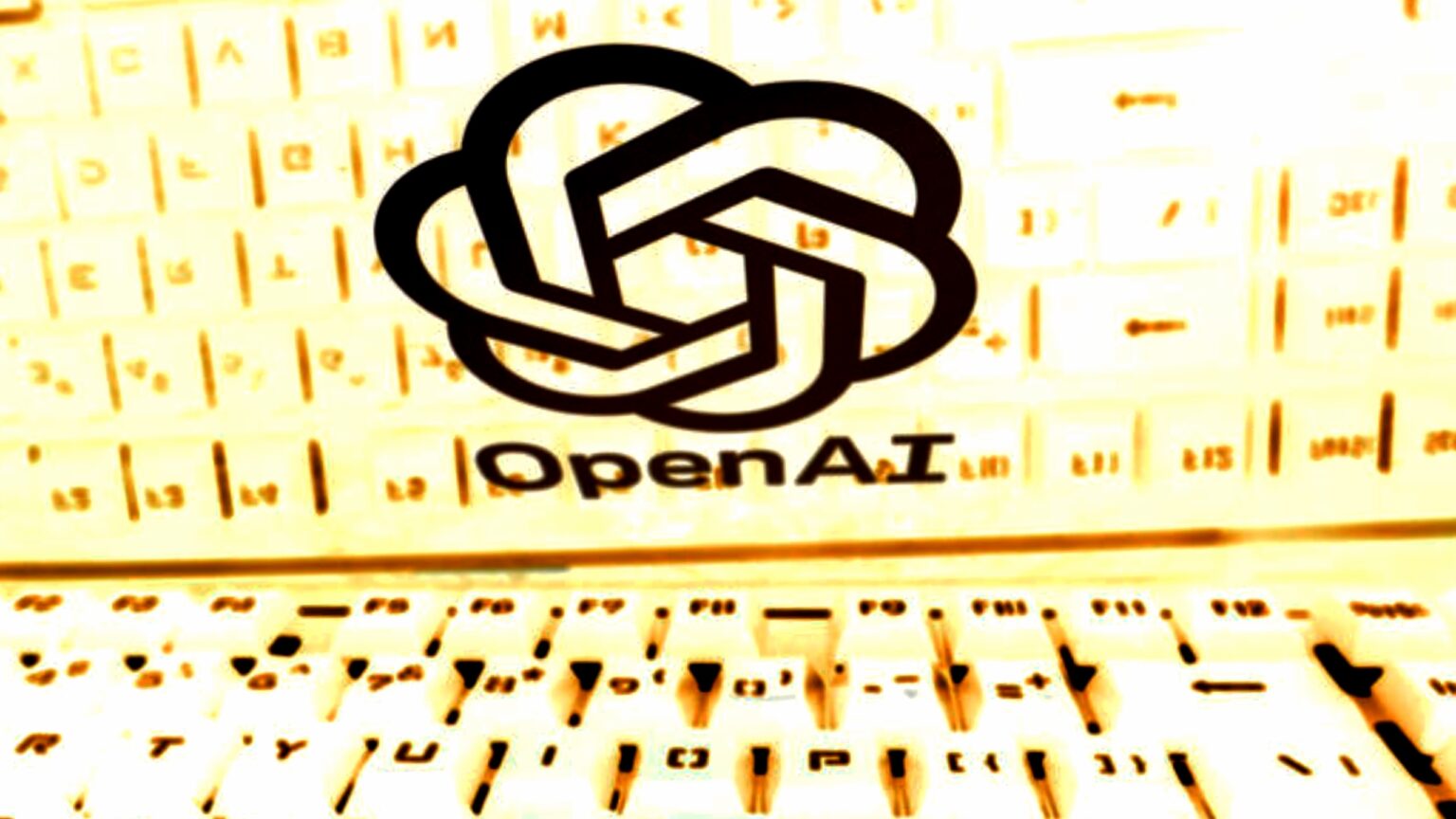Sam Altman’s brief departure and subsequent reinstatement as CEO of OpenAI have sparked significant discussion in the tech community, particularly due to its connection with developing a new AI system named Q*.
This situation sheds light on internal dynamics at one of the leading AI research entities and reflects the intricate challenges of advancing AI technology.
🔊 Before Sam Altman’s ouster and return, OpenAI researchers were worried a project called Q* could threaten humanity. Should you be worried? Listen on the Reuters World News daily podcast https://t.co/4aF0PQCvXu pic.twitter.com/XTWF8S7gxx
— Reuters (@Reuters) November 24, 2023
The Emergence of Q*
Central to these recent events is Q*, a system said to handle elementary school-level math problems. While this achievement may appear simple, it represents a notable advancement in AI technology. Diverging from typical AI models that focus on predicting the next word in a sentence, Q* reportedly plans several steps, demonstrating a form of abstract reasoning that marks a new development in AI systems.
Also read: Altman Reinstated as OpenAI CEO Amid Boardroom Drama and Legal Tussles
Yann LeCun, a renowned AI researcher, highlighted the significance of this advancement. “Replacing auto-regressive token prediction with planning is one of the main challenges to improving LLM reliability,” he stated, suggesting that Q* might be OpenAI’s attempt at tackling this challenge.
Altman’s Role and the Controversy
Insiders have linked Altman’s sudden departure and quick return as CEO of OpenAI to the development and potential impact of Q*. Charles Higgins, the co-founder of AI-training startup Tromero, commented, “If it can logically reason and reason about abstract concepts, which right now is what it struggles with, that’s a pretty tremendous leap.” This leap could explain the board’s initial reaction and subsequent reversal regarding Altman’s leadership.
The board’s decision to reinstate Altman after such a brief period hints at internal disagreements and the complexities of managing groundbreaking AI research. “Altman’s return indicates a reconciliation of sorts within OpenAI, perhaps a realignment of their approach to handling advanced AI developments,” noted Andrew Rogoyski from the Surrey Institute for People-Centered AI.
While Q*’s ability to solve grade school math problems might seem modest, it is the underlying capability that excites experts. Charles Higgins of Tromero explains:
“This is about symbolic reasoning, a leap beyond the intuitive capacities of current AI models. If Q* achieves this, it marks a significant advancement in the field.”
Expert Caution Amidst the Excitement
Despite the buzz around Q*, some experts call for a measured approach. A Cambridge University researcher, Katie Collins, cautions, “The ability to solve simple math problems, while important, is a far cry from the complexities of high-level mathematics. It’s essential to keep these developments in perspective.”
Echoing this sentiment, Sophia Kalanovska, co-founder of Tromero, added, “The symbolic importance of Q* cannot be overstated, but it’s unlikely to revolutionize the world immediately. It’s more indicative of potential future advancements in AI.”
The Broader Impact of Q on AI Research
The story of Q*, entwined with Altman’s leadership saga, reflects AI research’s dynamic and often unpredictable nature. It underscores the challenges of balancing technological advancement with ethical and practical considerations.
Gary Marcus, a renowned critic of deep learning, warns against overhyping such advancements. “Every small step in AI is not a giant leap for mankind. It’s important to maintain a realistic perspective on these developments,” he advised.









 and then
and then